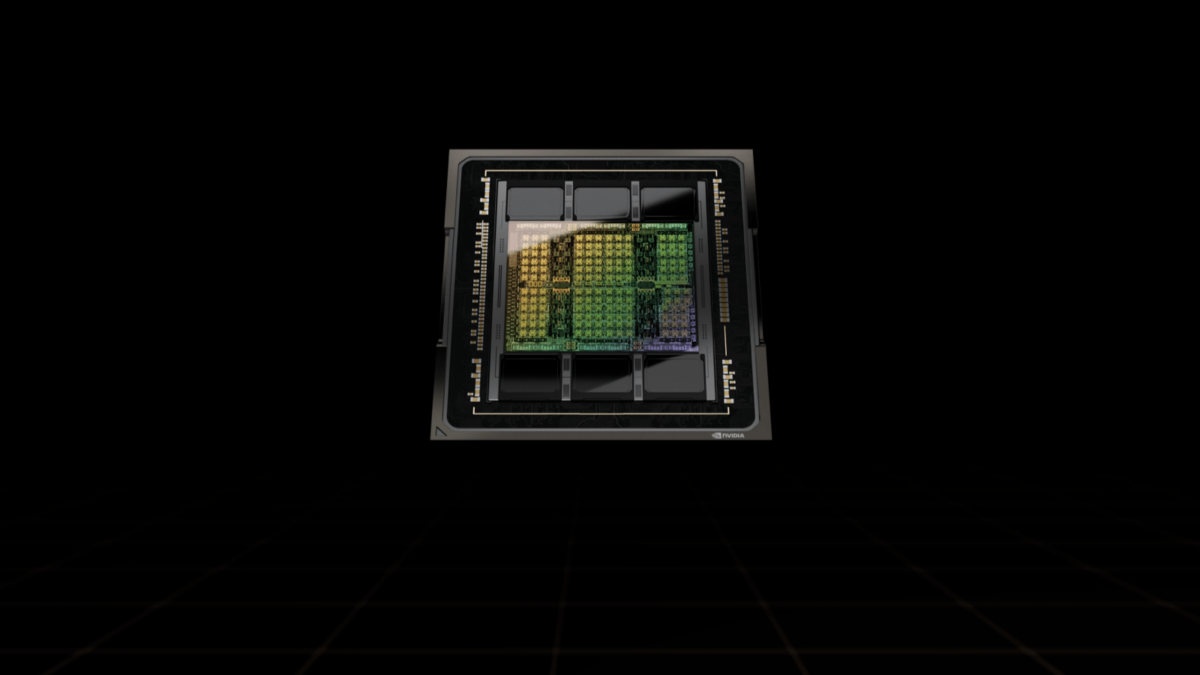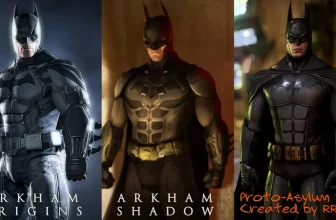
The graphics card expert Nvidia plans to introduce its own ARM processors for gaming PCs and laptops in 2025. These chips could significantly improve mobile VR gaming.
The renowned graphics card producer Nvidia is exploring new avenues. According to DigiTimes, the firm is working on its own ARM-based processors for the PC sector, with a launch scheduled for September 2025 – a strategically favorable moment as Qualcomm’s exclusive rights for Windows-on-ARM will then come to an end.
With years of experience in graphics processors, AI, and ARM architectures, Nvidia certainly possesses the necessary technical prowess. The company is considering two possible designs for the new chips: a standard version with integrated graphics or a high-performance gaming CPU paired with a separate graphics card.
New frontiers for mobile PC VR gaming
The potential influence on mobile PC VR gaming is particularly intriguing: efficient and powerful ARM processors could lay the groundwork for a new category of gaming laptops, making them ideal for PC VR gaming, such as with your Meta Quest 3 — all without compromising portability.
Software support will be the greatest hurdle. Modern games and VR applications must operate seamlessly on the ARM architecture, and this is an area where Nvidia could leverage its strong connections within the gaming industry.
With the upcoming ARM processors, you can anticipate the following benefits:
- Enhanced performance with improved energy efficiency
- Streamlined integration of CPU and GPU from a single source
- Potentially lower costs for gaming laptops due to heightened competition
- Improved circumstances for mobile PC VR gaming
Forecast: Thrilling rivalry in the PC market
The year 2025 is set to be exhilarating for PC fans: alongside Nvidia’s ARM initiative, new architectures from Intel and possibly even ARM chips from AMD are on the horizon. This intensified competition may spark a wave of innovation — particularly advantageous for VR users. The upcoming 5000-generation graphics cards are also gearing up for a reveal and could be announced shortly.
Interestingly, this isn’t Nvidia’s first foray into the PC processor landscape: the company previously attempted a similar venture with Windows RT in 2011, which faltered due to inadequate software support. However, the prospects appear more favorable this time, particularly due to positive experiences with gaming-optimized ARM chips in the Nintendo Switch.
Do you believe Nvidia’s new processors will be beneficial for the gaming and VR landscape? Share your thoughts in the comments!







